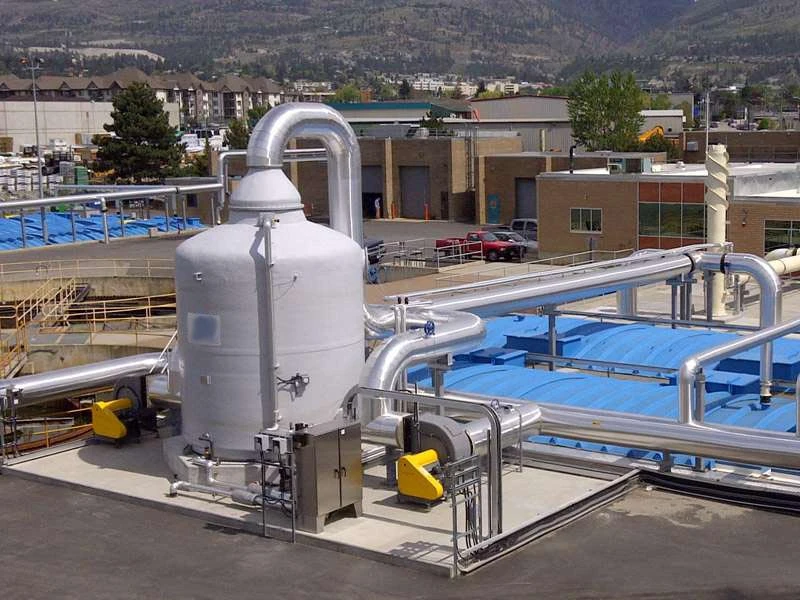
-
 Afrikaans
Afrikaans -
 Albanian
Albanian -
 Amharic
Amharic -
 Arabic
Arabic -
 Armenian
Armenian -
 Azerbaijani
Azerbaijani -
 Basque
Basque -
 Belarusian
Belarusian -
 Bengali
Bengali -
 Bosnian
Bosnian -
 Bulgarian
Bulgarian -
 Catalan
Catalan -
 Cebuano
Cebuano -
 China
China -
 China (Taiwan)
China (Taiwan) -
 Corsican
Corsican -
 Croatian
Croatian -
 Czech
Czech -
 Danish
Danish -
 Dutch
Dutch -
 English
English -
 Esperanto
Esperanto -
 Estonian
Estonian -
 Finnish
Finnish -
 French
French -
 Frisian
Frisian -
 Galician
Galician -
 Georgian
Georgian -
 German
German -
 Greek
Greek -
 Gujarati
Gujarati -
 Haitian Creole
Haitian Creole -
 hausa
hausa -
 hawaiian
hawaiian -
 Hebrew
Hebrew -
 Hindi
Hindi -
 Miao
Miao -
 Hungarian
Hungarian -
 Icelandic
Icelandic -
 igbo
igbo -
 Indonesian
Indonesian -
 irish
irish -
 Italian
Italian -
 Japanese
Japanese -
 Javanese
Javanese -
 Kannada
Kannada -
 kazakh
kazakh -
 Khmer
Khmer -
 Rwandese
Rwandese -
 Korean
Korean -
 Kurdish
Kurdish -
 Kyrgyz
Kyrgyz -
 Lao
Lao -
 Latin
Latin -
 Latvian
Latvian -
 Lithuanian
Lithuanian -
 Luxembourgish
Luxembourgish -
 Macedonian
Macedonian -
 Malgashi
Malgashi -
 Malay
Malay -
 Malayalam
Malayalam -
 Maltese
Maltese -
 Maori
Maori -
 Marathi
Marathi -
 Mongolian
Mongolian -
 Myanmar
Myanmar -
 Nepali
Nepali -
 Norwegian
Norwegian -
 Norwegian
Norwegian -
 Occitan
Occitan -
 Pashto
Pashto -
 Persian
Persian -
 Polish
Polish -
 Portuguese
Portuguese -
 Punjabi
Punjabi -
 Romanian
Romanian -
 Russian
Russian -
 Samoan
Samoan -
 Scottish Gaelic
Scottish Gaelic -
 Serbian
Serbian -
 Sesotho
Sesotho -
 Shona
Shona -
 Sindhi
Sindhi -
 Sinhala
Sinhala -
 Slovak
Slovak -
 Slovenian
Slovenian -
 Somali
Somali -
 Spanish
Spanish -
 Sundanese
Sundanese -
 Swahili
Swahili -
 Swedish
Swedish -
 Tagalog
Tagalog -
 Tajik
Tajik -
 Tamil
Tamil -
 Tatar
Tatar -
 Telugu
Telugu -
 Thai
Thai -
 Turkish
Turkish -
 Turkmen
Turkmen -
 Ukrainian
Ukrainian -
 Urdu
Urdu -
 Uighur
Uighur -
 Uzbek
Uzbek -
 Vietnamese
Vietnamese -
 Welsh
Welsh -
 Bantu
Bantu -
 Yiddish
Yiddish -
 Yoruba
Yoruba -
 Zulu
Zulu
Fiberglass Transport Tanks - Durable, Lightweight, and Reliable Storage Solutions
The Advantages of Fiberglass Transport Tanks
Fiberglass transport tanks have become increasingly popular in various industries due to their unique properties and advantages over traditional materials. These tanks are designed to safely transport liquids and gases, making them ideal for use in sectors such as agriculture, chemical processing, and oil and gas. This article explores the benefits of fiberglass transport tanks, highlighting why they are an excellent choice for various applications.
One of the most significant advantages of fiberglass is its lightweight nature. Compared to steel or concrete tanks, fiberglass tanks are significantly lighter, which reduces transportation costs and makes installation easier. This lightweight characteristic enables businesses to transport goods more efficiently, ultimately saving time and resources. With the global market becoming more interconnected, the ability to streamline logistics can provide companies with a competitive edge.
Another critical benefit of fiberglass transport tanks is their corrosion resistance. Fiberglass is inherently resistant to a variety of corrosive substances, including chemicals and saltwater. This makes fiberglass tanks particularly suited for industries handling aggressive chemicals or high-salinity environments. In contrast, metal tanks can degrade over time, leading to leaks and contamination. By utilizing fiberglass, companies can ensure the integrity of their storage systems, reduce maintenance costs, and minimize the risk of environmental hazards.
Moreover, fiberglass tanks are designed to withstand extreme temperatures. Their durability allows them to perform efficiently in both hot and cold environments, which is crucial for transporting temperature-sensitive materials. This versatility makes fiberglass tanks ideal for industries such as food and beverage, where maintaining specific temperature conditions is vital to product quality.
fiberglass transport tank

In terms of customization, fiberglass transport tanks offer remarkable versatility. They can be molded into various shapes and sizes, allowing them to meet the specific needs of individual businesses. Whether a company requires a small tank for localized transport or a large tank for bulk delivery, fiberglass can accommodate those requirements. This adaptability is particularly beneficial for industries that require specialized solutions to meet unique logistical challenges.
Additionally, fiberglass transport tanks are designed with safety in mind. The material is non-toxic and does not leach harmful substances into the stored liquids. This feature is particularly important in sectors like pharmaceuticals and food processing, where contamination could lead to serious health risks. Furthermore, fiberglass tanks can be equipped with safety features such as spill containment systems, reducing the chance of accidents and enhancing overall safety during transport.
Lastly, the cost-effectiveness of fiberglass transport tanks cannot be overlooked. While the initial investment may be higher than traditional materials, the long-term benefits, including reduced maintenance costs, extended lifespan, and lower risk of leaks, often result in significant savings over time. As industries become increasingly focused on sustainability and cost-efficiency, the appeal of fiberglass transport tanks is likely to continue growing.
In conclusion, fiberglass transport tanks offer a multitude of advantages, including lightweight construction, corrosion resistance, temperature stability, customization options, and enhanced safety. These features make them an attractive choice for various industries looking to optimize their transport solutions. As businesses continue to prioritize efficiency and sustainability, fiberglass transport tanks will undoubtedly play a crucial role in the future of industrial logistics.
Latest news
-
Oblate Tanks: Space-Saving, Durable Liquid Storage SolutionsNewsAug.27,2025
-
High-Performance Piping System Solutions for Industry & Commercial UseNewsAug.26,2025
-
Precision Fittings: Durable & Reliable Industrial & Plumbing SolutionsNewsAug.25,2025
-
Practical Steps: Unlock Success with Our Proven GuidesNewsAug.24,2025
-
Transport Tanks: Safe, Durable & Efficient Liquid HaulingNewsAug.23,2025
-
High-Quality Piping Systems for Efficient Flow & DurabilityNewsAug.22,2025









